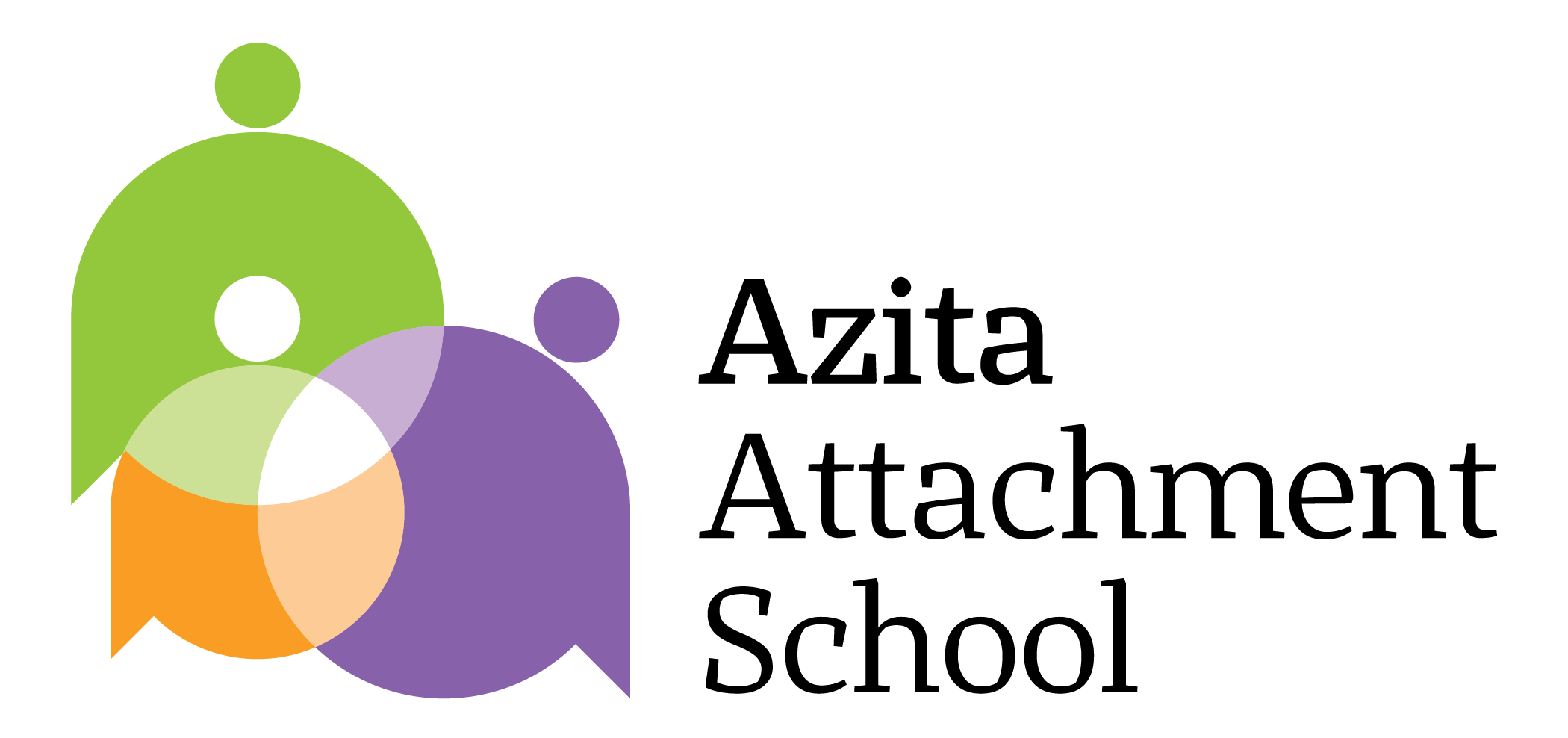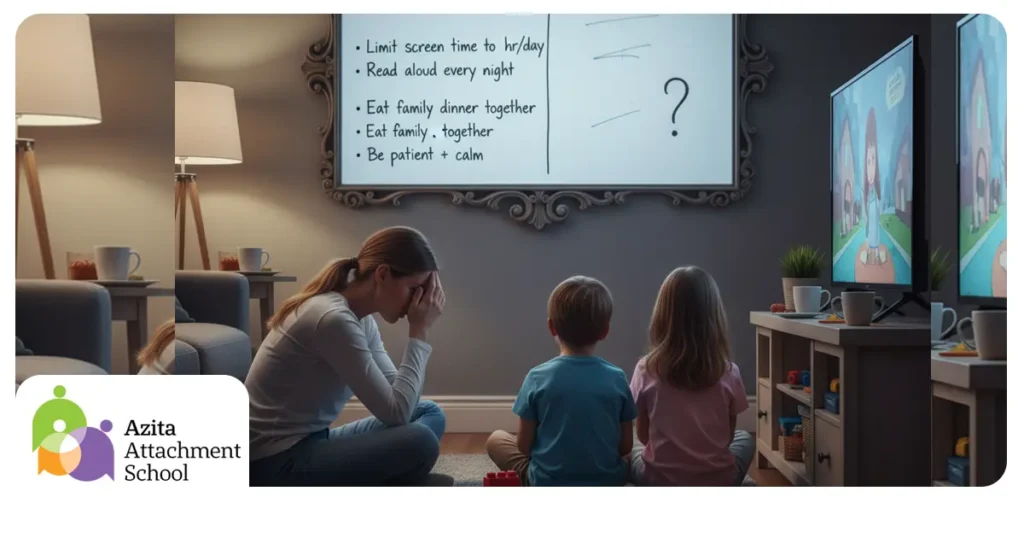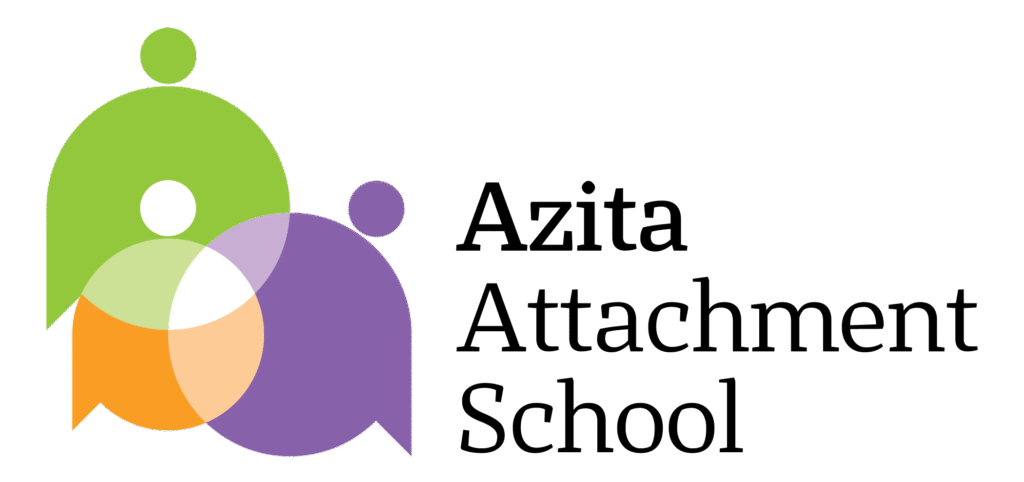Many parents mean well but struggle to follow through. Learn the science behind the intent–action gap and step-by-step tools to turn awareness into lasting parenting behavior.
Introduction
Every parent has promised themselves:
“I’ll be more patient.”
“I’ll stop yelling.”
“I’ll let my child make more choices.”
Yet, the old patterns return.
Research shows that over 70% of parents struggle to align intentions with actions. This gap — known as the Intent–Action Gap — explains why good intentions often fade in the heat of daily stress.
Research Findings
- The74Million (2025): Parents using behavioral reminders and coaching convert intentions to actions 42% more effectively.
- APA (2023): Stress and guilt are top barriers to behavioral consistency.
- James Clear (2018): Sustainable change comes from small, repeated systems, not motivation alone.
- Neuroscience (2024): Habit circuits form through repetition under consistent conditions.
Why Parents Struggle
- Perfectionism and guilt drain emotional energy.
- Lack of structure prevents new behaviors from taking root.
- Stress triggers emotional brain override.
- Low self-awareness hides emotional triggers.
- Lack of accountability weakens follow-through.
Attachment Perspective
A parent’s actions are guided by their internal attachment state. Under stress, old defense systems activate — fear of rejection or inadequacy — leading to reactive behaviors.
Without healing inner attachment wounds, external changes can’t last.
Case Study
Mina, age 35, mother of two:
She wanted to stop yelling but couldn’t. Through coaching, she discovered her core trigger — fear of being ignored.
By practicing mindful pauses, she learned that real control starts with emotional regulation.
“My calm doesn’t come from controlling my child, but from knowing my feelings.”
Step-by-Step Framework
- Clarify the intention.
Replace “I’ll be calm” with “I’ll breathe three times before speaking.” - Identify triggers.
Note moments when you lose balance. - Create reminders.
Notes, phone alerts, or visual cues. - Practice in real moments.
Start small — one recurring situation at a time. - Reflect daily.
Ask: “What worked today?” - Seek support.
Accountability strengthens habit formation.
Practical Tools
STOP Technique
Stop → Take a breath → Observe → Proceed mindfully.
Three-Step Change Model: Awareness → Choice → Practice.
Rewrite inner talk:
From “I failed again” → to “I’m still learning.”
Common Pitfalls
- Trying to change too much at once.
- Giving up after small setbacks.
- Ignoring emotional roots.
- Measuring success by outcome, not process.
Neuroscientific Insights
Behavior change takes at least 66 days of consistent repetition (Lally et al., 2010).
Parenting growth is not a sprint — it’s a lifelong marathon of mindful repetition.
Conclusion
Parenting is not about perfection; it’s about presence.
When parents turn small intentions into daily mindful actions, they model resilience.
Children don’t need flawless parents — they need authentic ones who keep trying.
“Intention is the seed. Action is the sunlight.”
References
- APA (2023). Parenting Behavior and Stress Report.
- The74Million (2025). Behavioral Science and Parenting Research.
- James Clear (2018). Atomic Habits.
- Lally et al. (2010). European Journal of Social Psychology.
- Circle of Security International (2020). Reflective Parenting Framework.


